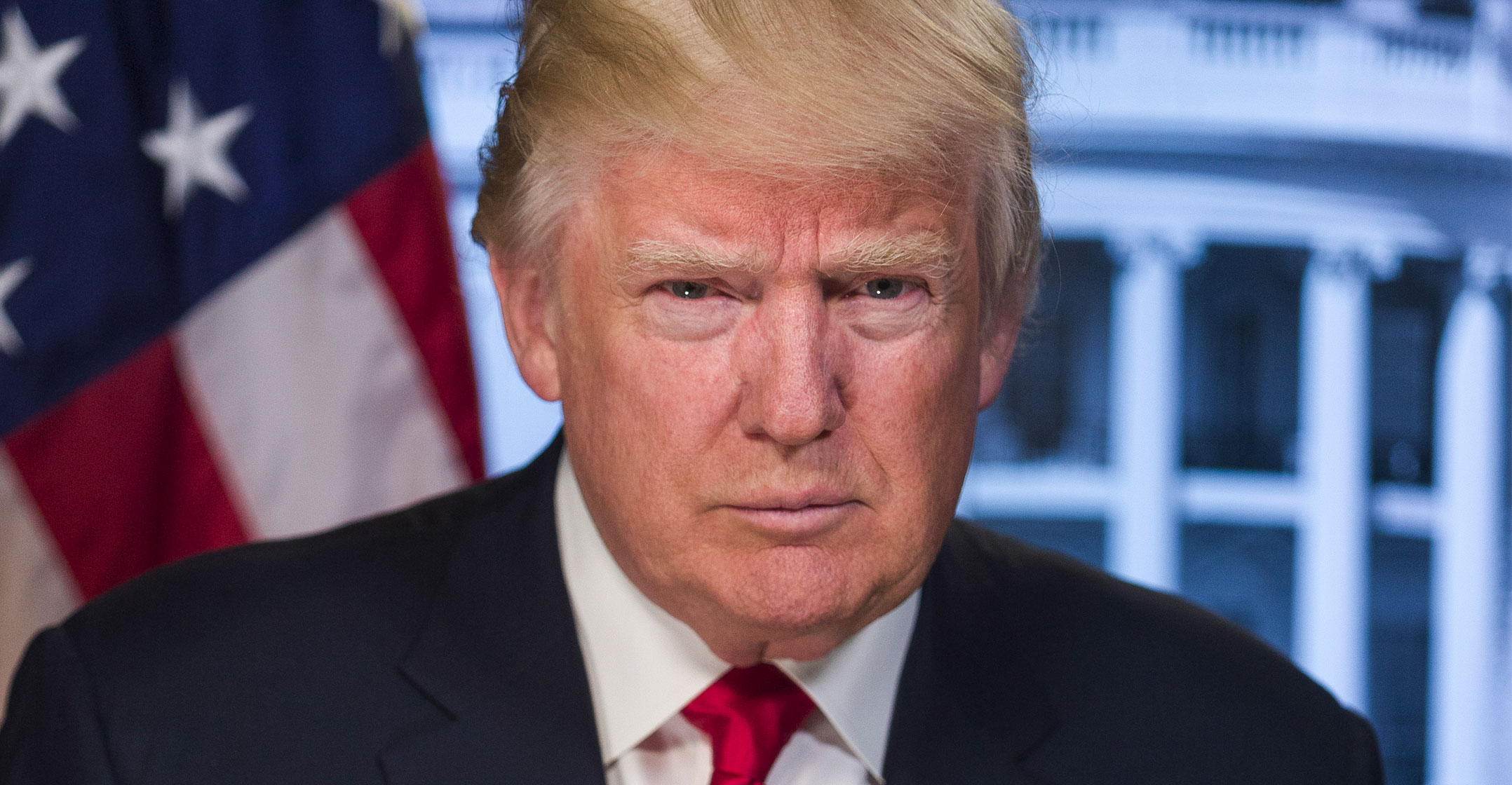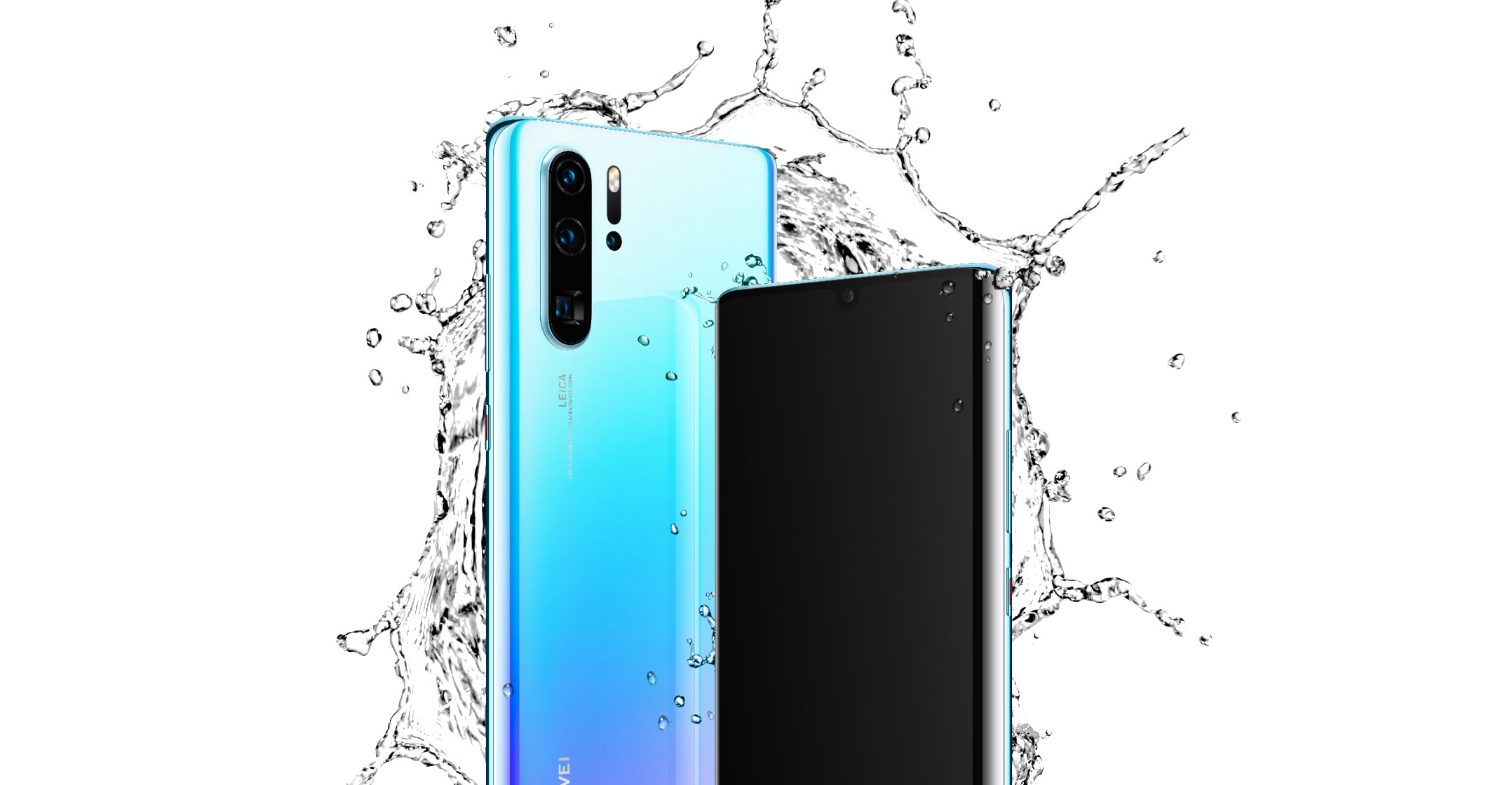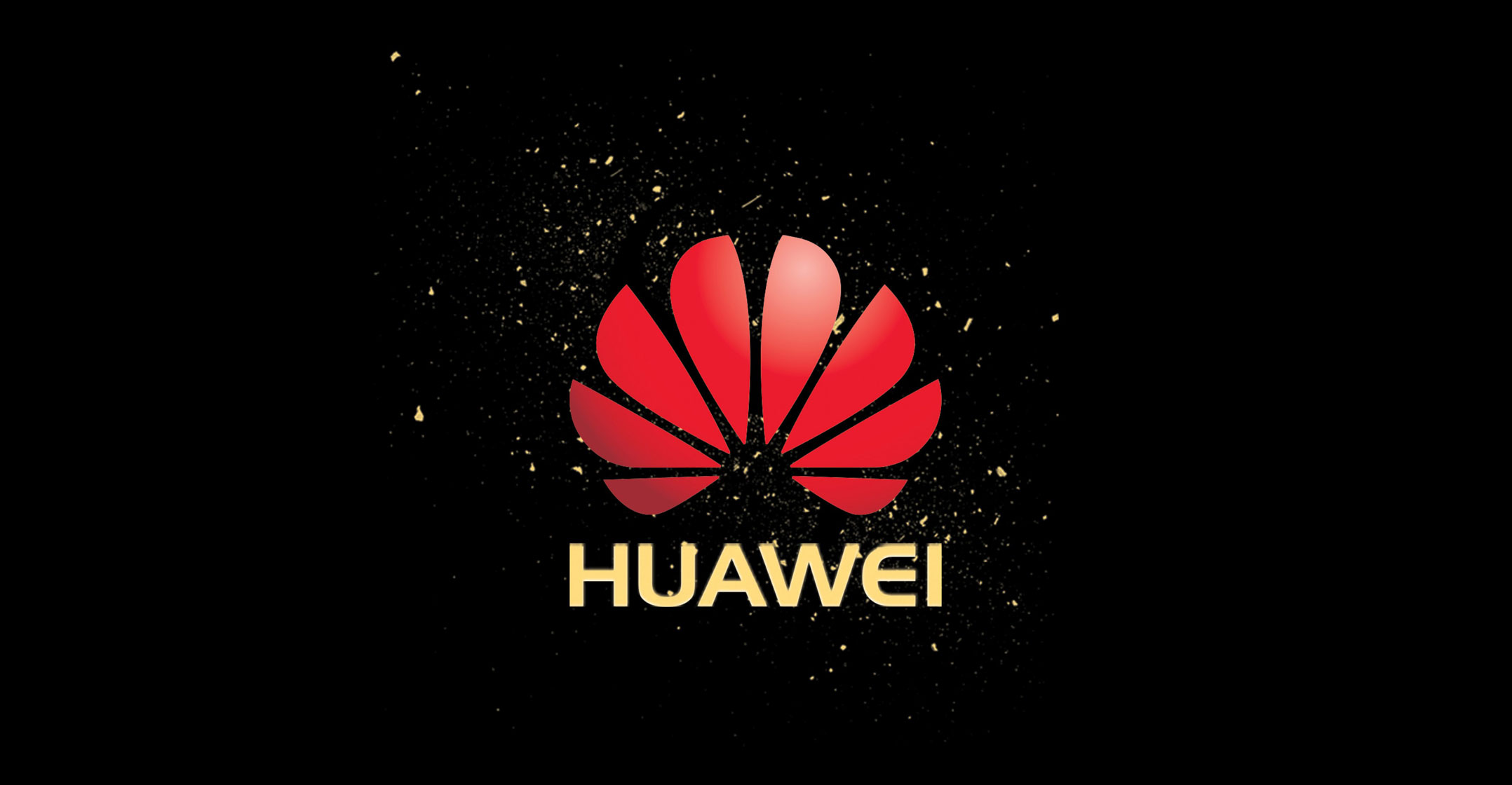 US President Donald Trump’s worldwide campaign to blackball Huawei Technologies is looking like a failure.
US President Donald Trump’s worldwide campaign to blackball Huawei Technologies is looking like a failure.
Attempts to persuade other governments to exclude Huawei equipment from the next generation of super-fast mobile networks have hit a wall — even among close allies. So far, only a handful of countries, including Australia and Japan, have joined the US’s call to boycott the Chinese company.
Not a single European nation has done so, not even the UK, triggering a scolding from US secretary of state Mike Pompeo in London on Wednesday. “Now is the exact opposite time to go wobbly,” he said, invoking the famous locution that Margaret Thatcher, the UK prime minister from 1979 to 1990, used to spur the US into sending troops to Kuwait after Iraq invaded it in 1990. “Would she allow China to control the Internet of the future?”
Huawei, meanwhile, is piling up record sales, forging into new markets, passing Apple as a phone maker and cementing its position as a leading global supplier of telecommunications gear.
Now, a newly confident Huawei is planning to rebuild its US presence after assuming a low profile the past few years. It put a seasoned insider, Joy Tan, in charge of public affairs in the US, where it plans a print ad campaign, amplified by social media, in coming months.
“It’s winning,” said Robert Spalding, a retired Air Force brigadier general who was a strategist at the National Security Council under Trump who has spoken out about the risks of letting China dominate new generation wireless technology. The US doesn’t seem able “to do anything that would fundamentally change things”, said Spalding, now a senior fellow at the Hudson Institute, a policy group.
Beseeching
Not for lack of trying. The US for the past year has sent diplomats around the globe to beseech other countries to shun Huawei. Among the accusations, it says Huawei can build backdoors into its equipment, enabling spying by the Chinese government and posing a security risk for the 5G mobile networks that will connect billions of devices, from autonomous cars to robot-rich factories and home refrigerators.
The US also says Chinese law compels Huawei to cooperate with Beijing’s espionage agencies, and that Huawei has stolen other companies’ intellectual property. At the US’s request, Canada since December has held Meng Wanzhou, Huawei’s chief financial officer and the eldest daughter of its founder, Ren Zhengfei, while the US seeks her extradition on charges of violating Iran sanctions.
The warnings have been considered by countries throughout Europe and Asia, but more often than not, brushed aside. The reasons aren’t hard to find. Huawei’s gear is reliable, technologically advanced and less costly than its rivals’, says Joseph Franell, CEO of Eastern Oregon Telecom, a rural service provider and early Huawei customer.

The Shenzhen-based company has said that governments and customers in 170 countries use its equipment, which poses no greater cybersecurity threat than that of any communications technology vendor. Huawei’s rotating chairman, Guo Ping, said in a February opinion piece that the fusillade against Huawei results from Washington’s realisation that the US has fallen behind in developing 5G technology, and has little to do with security.
The anti-Huawei campaign is playing out within a larger geopolitical struggle between the US and China that some liken to the Cold War between the Soviet Union and the US. For Europe, the ongoing US-China trade dispute sharpens a conflict: the continent is trying to balance its close partnership with the US with a desire to increase business with China, its second largest trading partner.
Trump’s most recent provocation — threatening to raise tariffs on US$200-billion worth of Chinese goods from 10% to 25% because trade talks are moving too slowly — further complicates matters.
The latest snag came last week at a two-day, 32-country meeting in Prague to set standards for 5G equipment. Government officials presented a united front with a statement that warned against choosing suppliers that could be susceptible to state influence. But behind the scenes, Germany, France and Austria sought changes, including that the statement’s title be switched from “principles” to the less stringent “proposals”, according to one Western official, to stress that the document would be nonbinding.
Banning
Robert Strayer, the US state department’s point person on Huawei, said on Wednesday that Europe had taken an important first step. If rigorously applied, said Strayer, a deputy assistant secretary for cyber policy, the Prague agreement could lead to the banning of Chinese companies. He rejected the notion that a lack of action so far against Huawei meant the US had lost the fight. “While we have not seen bans on any particular company, I think that’s a little premature,” he said.
The Prague proposals, however, may leave some European countries to adopt a two-tiered approach in which they exclude Huawei equipment from the core of their networks, where massive data flows, while allowing it to supply antennas and other parts for less-sensitive functions, Paul Triolo, an analyst at the Eurasia Group, said in an e-mail.
The UK is considering an approach similar to that for its 5G network, people familiar with the matter told Bloomberg last month. The European Union also stopped short of a ban, and has asked member states to assess the risk to their 5G network infrastructure and report back by mid-July.
 Italy’s government has dismissed the US warnings as it seeks to increase trade with China. And German Chancellor Angela Merkel has said she opposes singling out an individual company to ban. Germany instead plans more stringent testing, oversight and approval guidelines that will apply to all vendors.
Italy’s government has dismissed the US warnings as it seeks to increase trade with China. And German Chancellor Angela Merkel has said she opposes singling out an individual company to ban. Germany instead plans more stringent testing, oversight and approval guidelines that will apply to all vendors.
Throughout Europe, carriers are fighting threats of a Huawei ban because they rely heavily on the supplier and believe they will fall behind the rest of the world on 5G if they are forced to abandon Huawei.
Even Vodafone Group stands behind Huawei after Bloomberg reported that Huawei software used in its Italian business had hidden backdoors, or paths to bypass security to access a computer system. Huawei said the issues, found in 2011 and 2012, were resolved and that many other vendors used similar software to diagnose problems.
In the US, beyond the ad campaign, the company is suing to overturn legislation that bars agencies, federal contractors and grant recipients from doing business with it. Tan, who headed Huawei’s global communications in Shenzhen and prepared the CEO for media interviews, took over the US media relations operation, including its Washington office, in January.
“Blocking one company from the US market is not going to make the network secure,” Tan said in an interview, pointing to the global supply chain, which relies heavily on components made in China. She notes that Huawei has worked with UK authorities to develop a third-party certification system to check for backdoors and other security risks, and says that’s the approach policymakers should adopt.
Reaching out
Tan has had trouble getting that point across in Washington, where the company scaled back operations less than a year ago. Its government relations shop remains small, and one longtime lobbyist at an outside firm, Don Bonker of APCO Worldwide, stopped representing the company in March. Huawei wants to reach out to congressional and administration policymakers but “we don’t get too many meetings”, she said.
Huawei has added some high-powered talent, disclosures filed with the US senate show. Samir Jain, who served as senior director for cybersecurity policy on President Barack Obama’s National Security Council and is now with the Jones Day law firm, registered to lobby for the company in March. That prompted a tweet from Trump criticising the move. “This is not good, or acceptable!” he wrote. The company says Jain will help with legal efforts and not lobby.
The treatment of Huawei contrasts with the Trump administration’s record on another Chinese telecoms company labelled a security threat, ZTE. Trump last year reversed a ban on US exports to ZTE that threatened to shut the company, which the US said had violated sanctions on Iran and North Korea. Trump said his reversal was a favour to Chinese President Xi Jinping during trade talks, and that he had demanded the company take extra security steps, as well as pay a fine of more than $1-billion.

Asian countries have been receptive to Huawei’s overtures or avoided making definitive public statements about a corporation that’s feted by their giant Asian neighbour as a national champion.
Malaysian Prime Minister Mahathir Mohamad toured Huawei’s campus in April, where he expressed an interest in working with the Chinese company on artificial intelligence. Thai officials in February hosted Huawei at the launch of a 5G trial facility. And Indonesia’s communications minister has played down concerns over the use of the Chinese company’s equipment.
The company’s financial performance shows no sign of retreat. The privately held Huawei said its first-quarter sales rose 39% from a year earlier to $26.8-billion. For 2018, the company posted net income of $8.8-billion on $106-billion in sales.
It overtook Apple to claim the number two spot in global smartphone sales in the first quarter, second only to Samsung Electronics. Shipments grew by 50% from a year earlier, according to IDC, a market research firm. Huawei is expanding an already-large presence in Brazil by selling premium phones to consumers, a market it hadn’t been in for five years. In telecoms equipment, its global market share rose to 29% in 2018, up from 20% five years earlier, according to Dell’Oro Group, a Redwood City, California, research firm.
“I don’t think our country has done a very good job of warning the rest of the world about what the danger of Huawei is,” said Senator Angus King, an independent from Maine who serves on the intelligence committee. “Because I think if I’m Britain or Germany and know the facts, I can’t imagine allowing it in.”
With Huawei gaining market share, financial strength and acceptance among America’s closest allies, the score for now appears to be Trump 0, Huawei 1. — Reported by Todd Shields and Bill Allison, with assistance from Patrick Donahue, Edwin Chan, Stefan Nicola, Lenka Ponikelska and David Wainer, (c) 2019 Bloomberg LP

